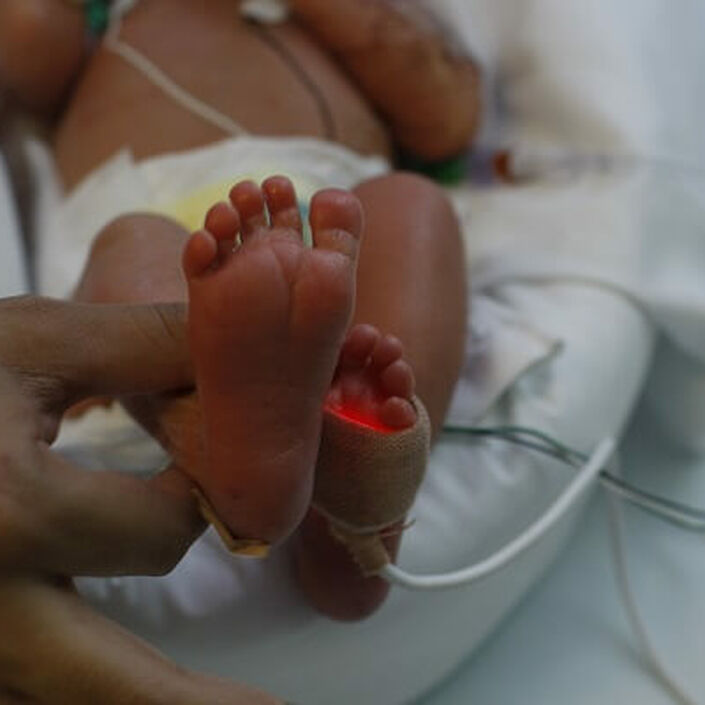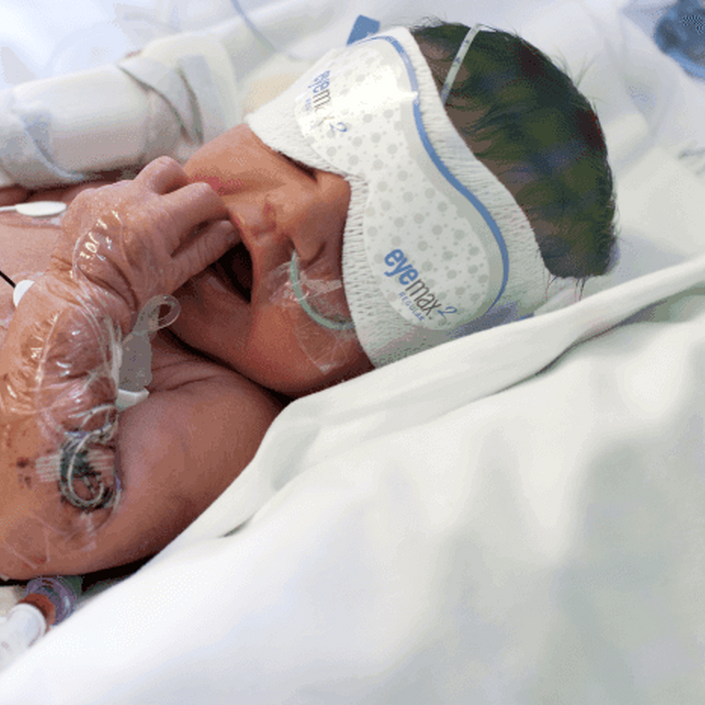The partnership was funded by the National Institute for Health Research and based at the Nottingham Clinical Trials Unit, at the University of Nottingham. Bliss was honoured to be part of this group working with obstetric and neonatal colleagues as well as other charities.
Setting research priorities

The priority setting partnership sets out the top 15 research priorities for preterm birth.
The patnership's top 15 UK research priorities for preterm birth
- Which interventions are most effective to predict or prevent preterm birth?
- How can infection in preterm babies be better prevented?
- Which interventions are most effective to prevent necrotising enterocolitis in premature babies?
- What is the best treatment for lung damage in premature babies?
- What should be included in packages of care to support parents and families or carers when a premature baby is discharged from hospital?
- What is the optimum milk feeding strategy and guidance (including quantity and speed of feeding and use of donor and formula milk) for the best long-term outcomes of premature babies?
- What is the best way to judge whether a premature baby is feeling pain (for example, by their face, behaviours, or brain activities)?
- Which treatments are most effective to prevent early onset pre-eclampsia?
- What emotional and practical support improves attachment and bonding, and does the provision of such support improve outcomes for premature babies and their families?
- Which treatments are most effective for preterm premature rupture of membranes?
- When is the best time to clamp the umbilical cord in preterm birth?
- What type of support is most effective at improving breastfeeding for premature babies?
- Which interventions are most effective to treat necrotising entercolitis in premature babies?
- Does specialist antenatal care for women at risk of preterm birth improve outcomes for mother and baby?
- What are the best ways to optimise the environment (such as light and noise) in order to improve outcomes for premature babies?
About the partnership
The James Lind Alliance (JLA) manages the Priority Setting Partnership, which is a project funded jointly by the National Institute for Health Research (NIHR) and supported by the Medical Research Council.
Its aim is to provide an infrastructure and process to help service users and clinicians work together to agree which are the most important treatment uncertainties affecting preterm birth and neonatal care. This is in order to influence the prioritisation of future research in this area. The JLA defines an uncertainty as a 'known unknown'.
For more information, visit the Priority Setting Partnership website or read the Lancet Letter from June 2014.

